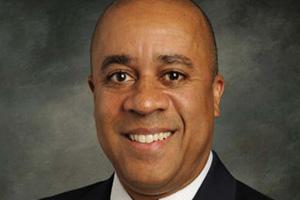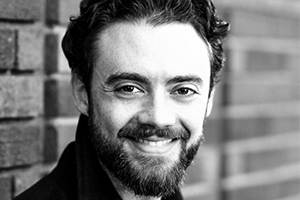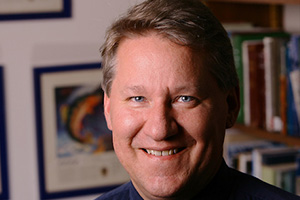Fall 2017 Policy Intensives with Practitioners Series Workshops
The Fall 2017 Policy Intensives with Practitioners Series will offer a half-day workshop on specific and timely topics in public policy. We will welcome expert leaders in each field who are working, practicing, and advancing their respective fields each and every day.
All workshops will be from 10 AM to 2 PM in School of Public Policy (SPP) room 175.
Note: The following workshops are eligible for Professional Development credit for School of Public Policy Students.


Emergency Management & Homeland Security
Friday, September 15, 2017
Kevin McGowan (MPP '10)
Assistant Director
Office of Emergency Services Ventura County Sheriff's Office
James Featherstone
President & CEO
Los Angeles Homeland Security Advisory Council (HSAC)
This workshop will explore contemporary and emerging 21st century challenges posed
by natural, technological, and human caused disasters and how governmental organizations,
non-governmental organizations, and the private sector address these challenges. Discussions
in this session will center around philosophical and practical positions related to
the implementation of local, state, and federal emergency management and homeland
security policy, leadership, and management. The session will include opportunities
to learn from emergency management and homeland security practitioners and will afford
attendees with the opportunity to work in a group to solve a pressing contemporary
problem with the intent of fostering a continued interest in this field of study.

Social Media Strategies for Politics and Policy
Friday, October 27, 2017
Alexander Kouts
Head of Product
Countable
What if a political office was built in the image of a Bay Area tech startup? What
tools would it use and in what ways would staffers and reps leverage them to better
accomplish their democratic mission? Come learn what Silicon Valley can teach us about
how to leverage bleeding-edge tech and processes to serve and communicate with constituents
- citing real examples of real innovation projects live in Congress and from market-leading
civic tech consumer apps.

Technology & Smart Cities
Friday, November 10, 2017
Jonathan Reichental
Chief Information Officer
City of Palo Alto
It's 2017 and our planet is undergoing rapid urbanization. Today there are over 3.5
billion people living in cities, and by 2050 three billion more will join them. The
city challenges of population growth, inadequate infrastructure, generating new economic
opportunities, climate change, and more are daunting and require the creation of bold
and innovative urban development strategies. Without immediate and major shifts in
our current trajectory, a good quality of life for city dwellers and the preservation
of the environment are not sustainable. Fortunately, a growing global consensus is
beginning to emerge to tackle a seemingly intractable list of urban issues. To build
and grow our cities in a sustainable manner, we're going to have to think and act
differently. In particular, we're going to need to use innovative technology and a
greater degree of civic engagement to move forward. The architecture for a new generation
of sustainable and high‐performing cities is starting to take shape. In this policy
intensive we'll explore this topic through lecture, discussion, and workshop activities.
You'll leave empowered to get involved and make a difference in your community and
beyond.

Understanding the Law and Environmental Policy
Friday, December 1, 2017
John Nagle
John N. Matthews Professor of Law
University of Notre Dame
Environmental regulation affects the decisions of businesses, communities, and governments
alike. This session will examine how that regulation works and what it seeks to accomplish.
It will begin with an overview of the history of environmental policy, focusing on
the laws that emerged from the environmental movement of the 1960s and 1970s. It will
explain how those laws were designed to work and how they apply to problems that have
emerged since then, such as climate change and fracking. It will pay particular attention
to California's environmental regulation as the state continues to chart a course
that is much more ambitious than the federal government and other states.